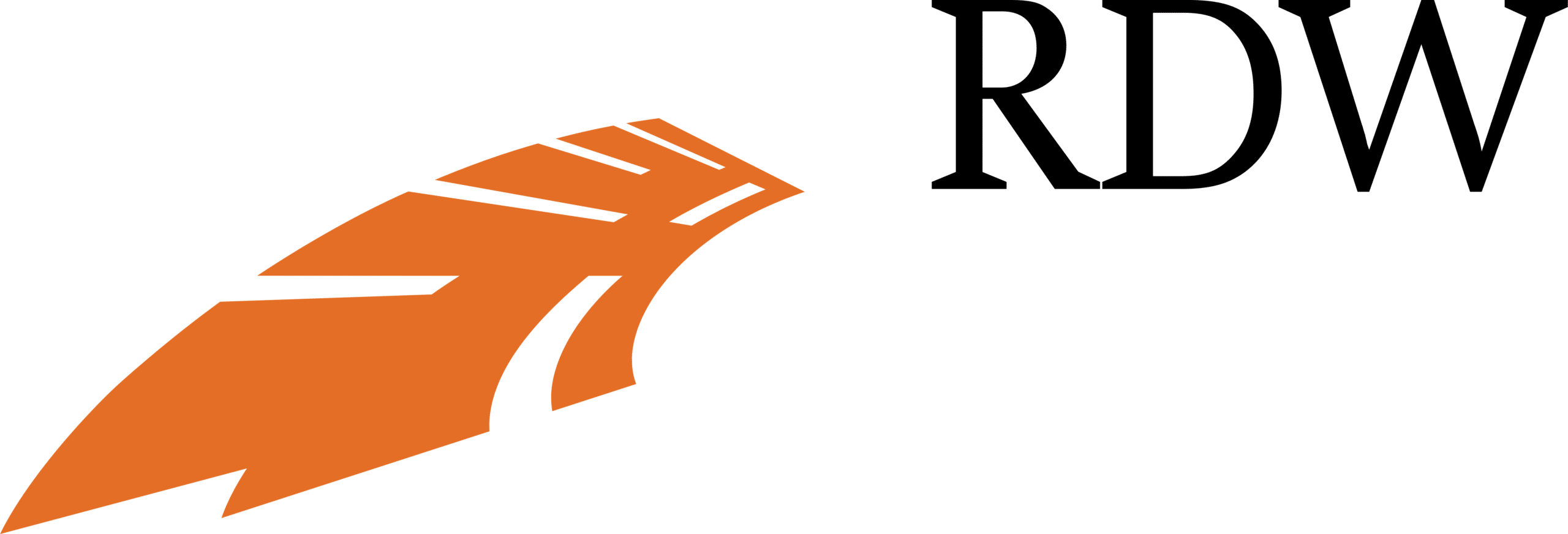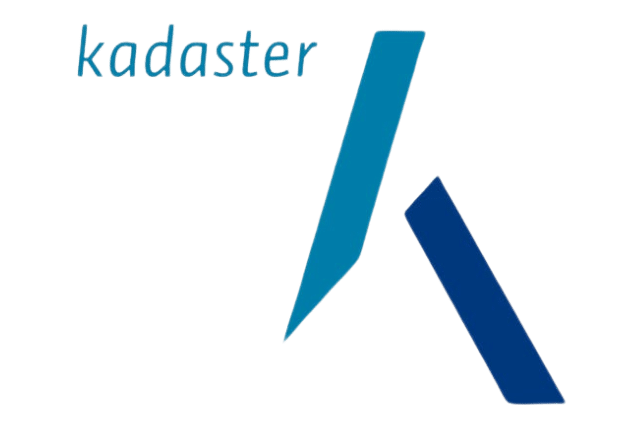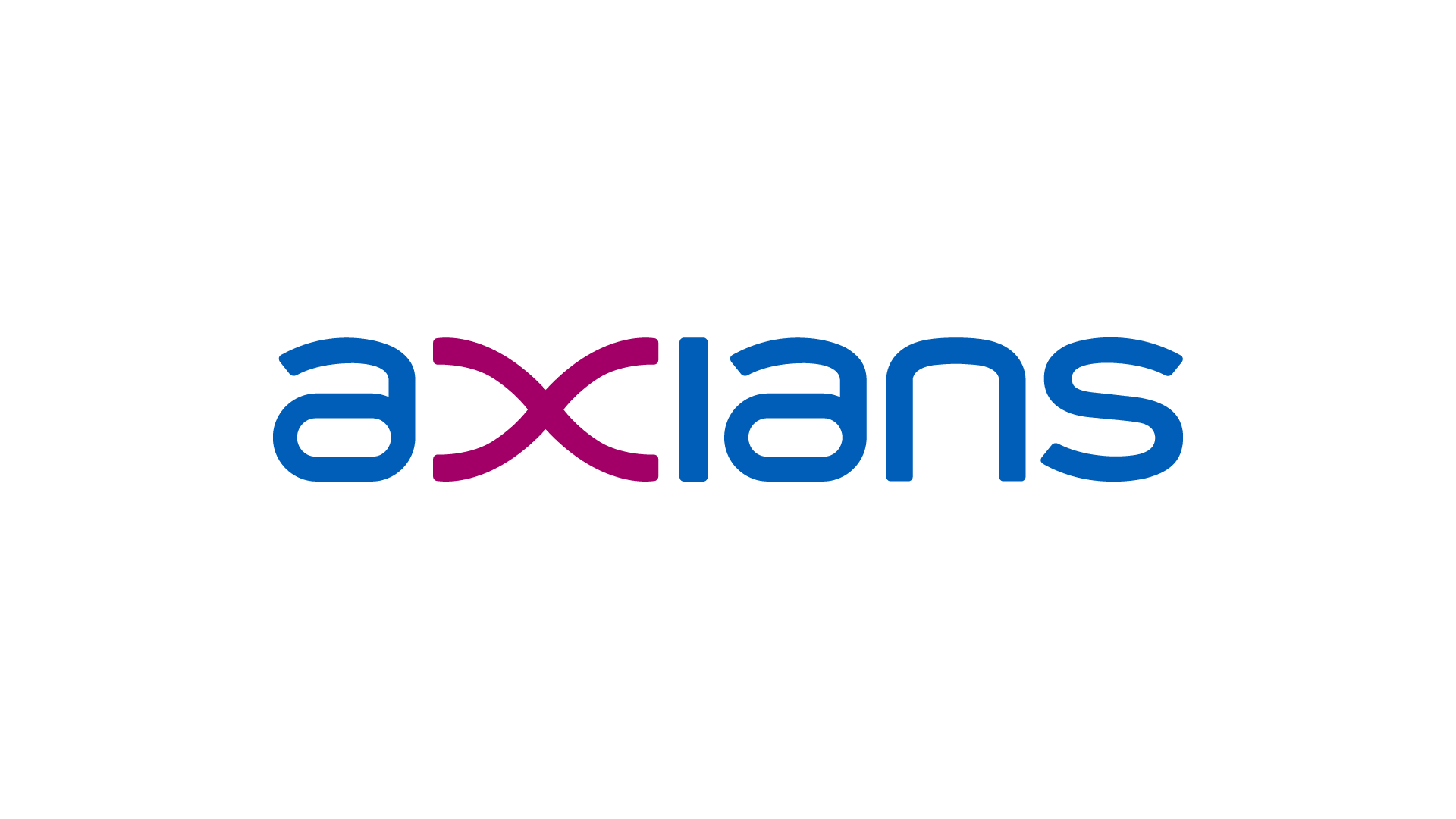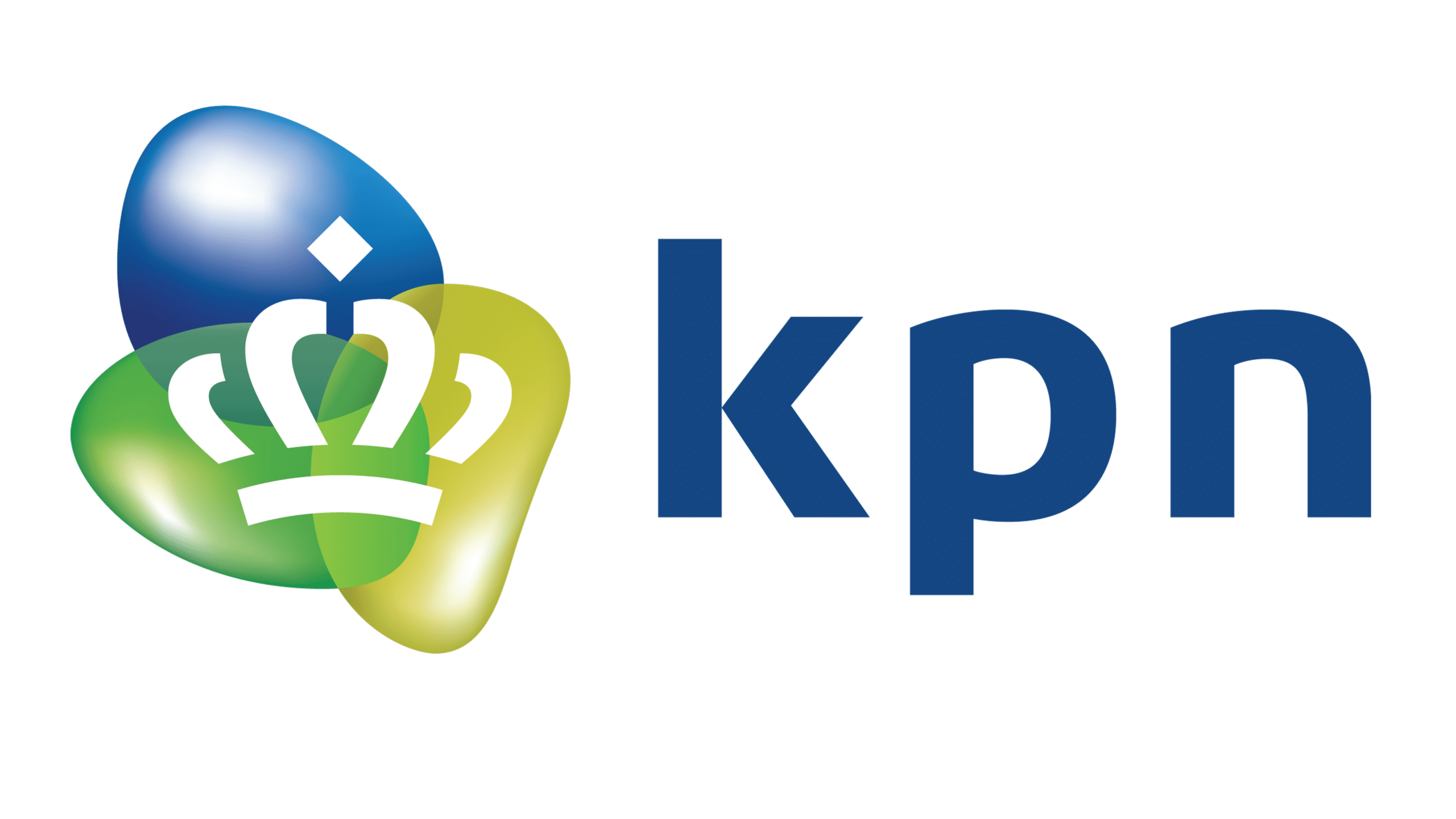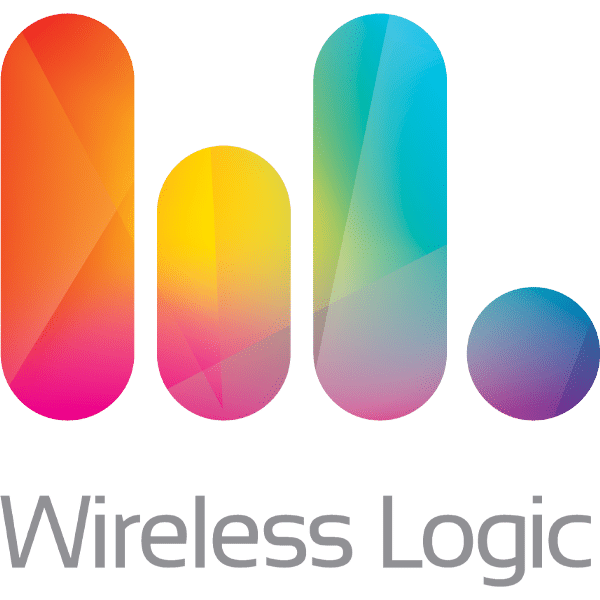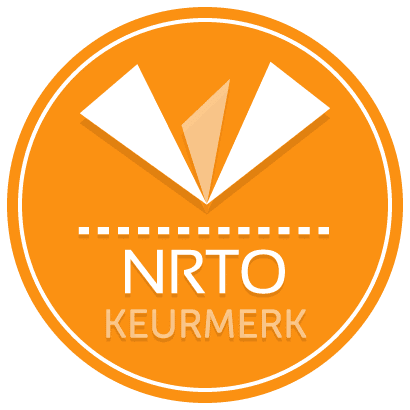Algemene omschrijving
The PL-200 E-Learning is entirely in English. As a Dutch IT training provider, we offer the information on this page in Dutch. At the bottom of the page, you will find a brief summary in English. The topics within the PL-200 E-Learning package itself are described in English.
De PL-200 E-Learning biedt jou een uitgebreide leerervaring waarin je de kennis en vaardigheden zult verkrijgen om bedrijfsprocessen te automatiseren en complexe applicaties te ontwikkelen. Ontdek hoe jij oplossingen binnen Microsoft Power Platform kunt configureren en hoe jij maatwerk kunt creëren, zoals aangepaste gebruikerservaringen, procesautomatisering en datavisualisaties.
In de PL-200 E-Learning worden de vier kernproducten van Microsoft Power Platform behandeld, namelijk Power Apps, Power Automate, Power BI en Power Virtual Agents. Door een extra nadruk op Microsoft Dataverse, AI Builder, connectors en portals, zul je diepgaand inzicht verkrijgen in het integreren en benutten van de producten binnen Microsoft Power Platform in jouw organisatie.
Met toegang tot het PL-200 cursusmateriaal, een labomgeving (die 180 dagen toegankelijk is), een MeasureUp-oefenexamen en een PL-200 examenvoucher, zul jij je volledig voorbereiden om het PL-200 examen af te leggen. Ontdek hoe jij met Microsoft Power Platform bedrijfswaarde kunt creëren en word een gecertificeerde consultant die processen en klantrelaties naar een hoger niveau tilt.
Doelgroep
De PL-200 E-Learning is geschikt voor verschillende professionals die willen leren hoe zij Microsoft Power Platform effectief in kunnen zetten om bedrijfsprocessen te optimaliseren.
Dit betreft met name de volgende mensen:
- Bedrijfsconsultants die bedrijven adviseren over het ontwerpen en implementeren van op maat gemaakte oplossingen voor procesautomatisering en klantbeheer.
- ICT-professionals die hun expertise uit willen breiden naar het configureren en beheren van de oplossingen binnen Microsoft Power Platform.
- Data-analisten die datavisualisaties en interactieve dashboards willen creëren met behulp van Power BI en andere oplossingen binnen Microsoft Power Platform.
- Projectmanagers die meer willen leren over hoe de oplossingen binnen Microsoft Power Platform bij kunnen dragen aan efficiëntere werklasten en verbeterde projectresultaten.
Wat is inbegrepen
De PL-200 E-Learning biedt jou een krachtige combinatie van theorie en praktijk. Hierdoor zul je kennis en vaardigheden verkrijgen in het gebruik van Power Apps, Power Automate, Power BI en Power Virtual Agents, evenals aanvullende hulpmiddelen, zoals Microsoft Dataverse en AI Builder. Je zult volledig worden voorbereid om het PL-200 examen af te leggen en om bedrijfswaarde te creëren met behulp van Microsoft Power Platform.
Hier is een overzicht van de inhoud van de PL-200 E-Learning:
- Officieel PL-200 cursusmateriaal
- Verkrijg toegang tot uitgebreid en gestructureerd PL-200 cursusmateriaal. Hiermee zul je diepgaande kennis en vaardigheden verkrijgen over de verschillende oplossingen binnen Microsoft Power Platform, evenals Microsoft Dataverse en AI Builder en je voorbereiden op het PL-200 examen.
- Praktische labopdrachten
- Oefen met praktische oefeningen binnen een labomgeving die 180 dagen toegankelijk is. Hierin zul je praktische vaardigheden verkrijgen in het configureren en benutten van de verschillende oplossingen binnen Microsoft Power Platform.
- MeasureUp oefenexamen
- Toets jouw kennis door middel van een MeasureUp oefenexamen en bereid je optimaal voor op het PL-200 examen.
- PL-200 examenvoucher
- Inclusief een PL-200 examenvoucher om het PL-200 examen af te leggen en de PL-200 certificering te behalen.
Voorkennis
Voordat je begint met de PL-200 E-Learning, raden wij aan dat jij beschikt over de volgende kennis en vaardigheden:
- Basiskennis van Microsoft Power Platform.
- Basiskennis van de onderdelen van Microsoft Power Platform, waaronder:
- Power Apps.
- Power Automate.
- Power BI.
- Power Virtual Agents.
- ICT-ervaring
- Enige ICT-ervaring, zoals in de vakgebieden softwareontwikkeling, data-analyse of een vergelijkbaar gebied kan goed van pas komen voor om het PL-200 cursusmateriaal goed te begrijpen.
- Kennis van bedrijfsprocessen
- Kennis van bedrijfsprocessen en -behoeften kan handig zijn, aangezien de PL-200 E-Learning gericht is op het oplossen van zakelijke uitdagingen met behulp van technische oplossingen.
Onderwerpen
Module 1: Introduction to Microsoft Power Platform
This module will provide the learner with background about Microsoft Power Platform and its 4 key components: Power Apps, Power Automate, Power BI, and Power Virtual Agents.
Lessons:
- Microsoft Power Platform overview.
Lab: Validate lab environment
After completing this module, students will be able to:
- Identify the key components of Microsoft Power Platform.
- Describe the role of a functional consultant.
Module 2: The Functional Consultant role
In this module, students will learn more about the functional consultant role and the skills required to successfully implement a Microsoft Power Platform solution for an organization.
Lessons:
- Consultant skills overview.
- Create and validate documentation.
- Engage stakeholders.
- Perform quality assurance.
- Configure integrations.
After completing this module, students will be able to:
- Engage stakeholders with demos.
- Create table (entity) relationship diagrams.
- Design integrations.
- Interact with consultant and customer organization teams.
Module 3: Work with Dataverse
In this module, students will learn about creating a data model in Microsoft Dataverse, including importing data, using tabular reporting options, and configuring security. They will also learn about creating easy AI with AI Builder.
Lessons:
- Work with the data model.
- Create and manage processes.
- Work with AI Builder.
- Configure Dataverse settings.
- Import and export data.
- Use tabular reporting options.
- Configure security settings.
Lab: Create an app
Lab: Create tables and columns
Lab: Create relationships
Lab: Additional table options
After completing this module, students will be able to:
- Understand tables, columns, rows, and relationships.
- Configure a data model in Dataverse.
- Work in an environment within the Microsoft Power Platform Admin Center.
Module 4: Make Power Apps
In this module, students will learn the business value of the three types of Power Apps. They will then learn to how to configure and design them, including user experience considerations for each type of application.
Lessons:
- Make model-driven apps.
- Make canvas apps.
- Make portal apps.
Lab: Build dashboards
Lab: Modify views
Lab: Modify forms
Lab: App designer
Lab: Canvas app fundamentals
Lab: Work with data and services
Lab: User experience
After completing this module, students will be able to:
- Connect to data in Power Apps.
- Build a Power App.
- Design an application user experience.
Module 5: Build Power Automate flows
In this module, students will learn how to automate business processes using Power Automate flows, business process flows, and UI flows.
Lessons:
- Build flows.
- Build business process flows.
- Build UI flows.
Lab: Build a business process flow
Lab: Add branching to business process flow
Lab: Build approval flow
Lab: Create a flow
Lab: Create users
Lab: Create security role
Lab: Configure a new business rule
Lab: Advanced business rules
After completing this module, students will be able to:
- Create flows.
- Create business process flows.
- Understand UI flows.
Module 6: Work with Power Virtual Agents
In this module, students will learn how to automate customer interactions with a chatbot using Power Virtual Agents.
Lessons:
- Create a chatbot.
- Configure topics.
- Automate and integrate.
- Configure entities.
- Test and publish chatbots.
Lab: Create a chatbot
After completing this module, students will be able to:
- Create a chatbot.
- Include a flow in a chatbot.
- Create topics and entities.
Module 7: Analyze data with Power BI
In this module, students will learn how to work with Power BI Desktop and Power BI Service to analyze data and create visualizations.
Lessons:
- Get started with Power BI.
- Model data in Power BI.
- Create visualizations.
- Create dashboards.
- Publish and share in Power BI.
Lab: Build a Word template
Lab: Build an Excel template
Lab: Import data
Lab: Duplicate detection
Lab: Export data
Lab: Bulk delete
After completing this module, students will be able to:
- Create visualizations.
- Consume data in Power BI.
- Export data visualizations for stakeholders.
English Summary
The PL-200 E-Learning provides a comprehensive training to automate business processes and develop custom applications using Microsoft Power Platform. Covering Power Apps, Power Automate, Power BI, and Power Virtual Agents, with a focus on Dataverse and AI Builder, the PL-200 E-Learning equips you to create tailored solutions and data visualizations. With access to the PL-200 course materials, labs (accessible for 180 days), a MeasureUp practice exam, and a PL-200 exam voucher, you’ll be fully prepared to earn the PL-200 certification and enhance business value.





